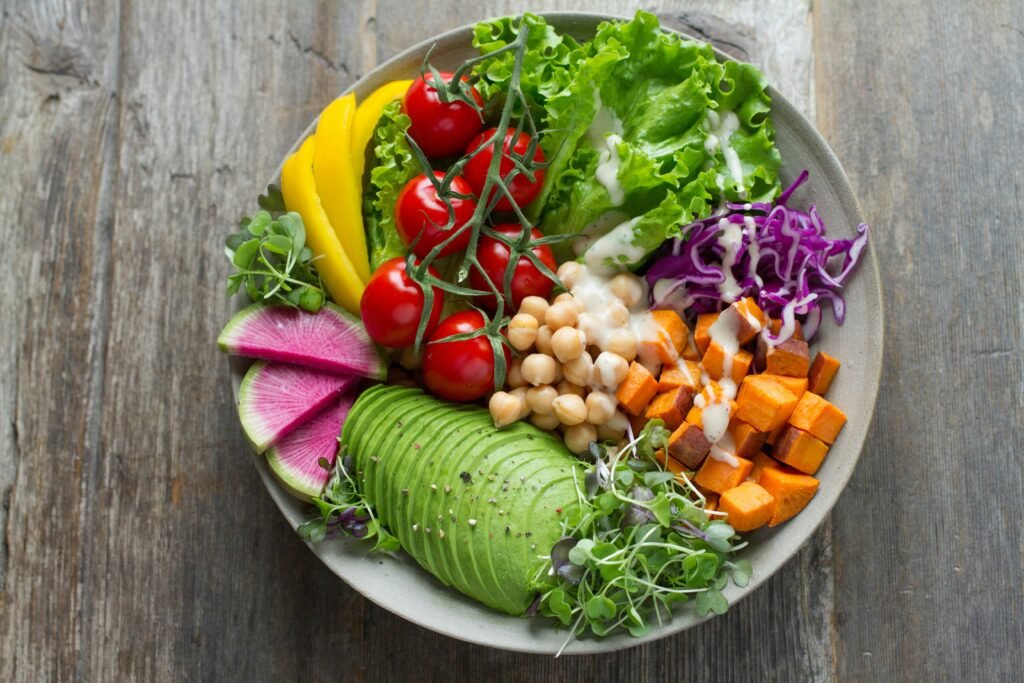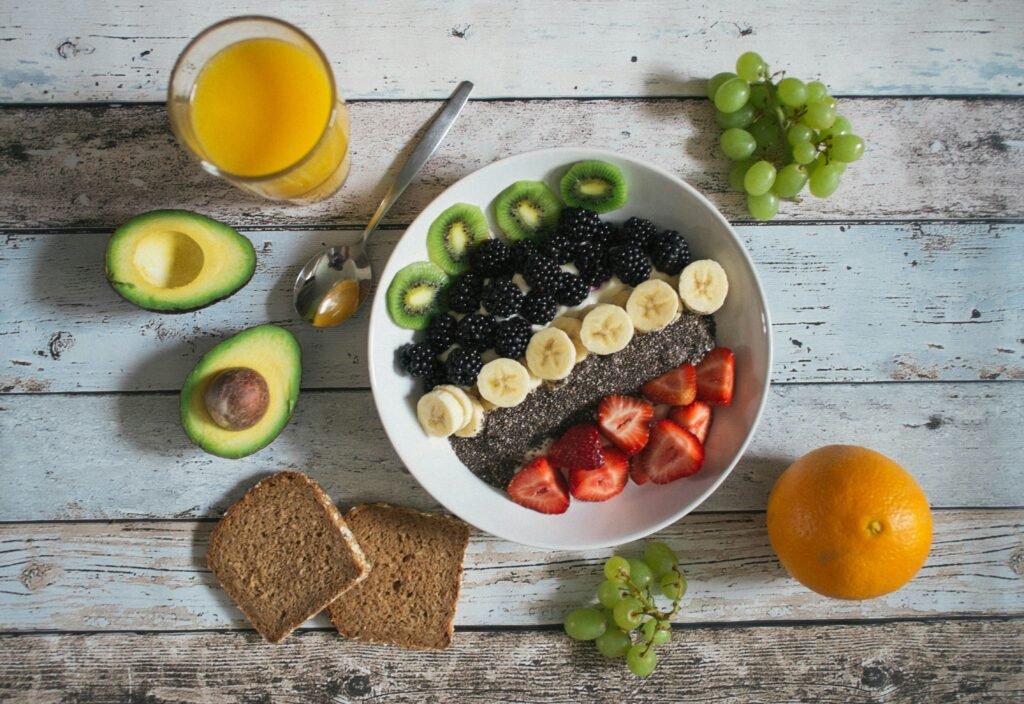Introduction:
In recent years, there has been a significant shift towards plant-based lifestyles, and the Indian vegan diet plan has gained immense popularity for its health benefits and environmental sustainability. This comprehensive guide explores the intricacies of adopting a vegan diet in the Indian context, providing valuable insights into key considerations, nutritional requirements, and delicious meal ideas.
Understanding the Basics:
The foundation of any successful vegan diet plan lies in a thorough understanding of essential nutrients. Indian cuisine, with its diverse array of spices, grains, and vegetables, offers a rich tapestry of options to meet these requirements. Protein sources such as lentils, chickpeas, and tofu can be incorporated into various dishes, ensuring a well-balanced intake.
Nutritional Considerations:
Balancing macronutrients is crucial in any diet plan, and the Indian vegan diet is no exception. A thoughtful combination of grains, legumes, nuts, seeds, and vegetables provides a diverse range of vitamins, minerals, and antioxidants. Exploring regional produce and adapting traditional recipes to exclude animal products allows for a seamless integration of veganism into the Indian culinary landscape.

Suggested Indian Vegan Diet Plan:
Breakfast:
- Vegan Masala Oats with mixed vegetables and nuts
- Freshly squeezed orange juice for added vitamin C
Lunch:
- Spinach and lentil curry (Palak Dal) with brown rice
- A side of cucumber-tomato salad with lemon-tahini dressing
Snack:
- Roasted chickpeas or spiced nuts
- Assorted fresh fruits
Dinner:
- Quinoa and vegetable pulao with a side of mint-coriander chutney
- Grilled eggplant (Baingan Bharta) for a smoky flavor
Dessert:
- Vegan mango sorbet or coconut milk-based kheer for a sweet ending
Check Vegan Protein Powder on Amazon
Recipe Highlights:
Explore the vibrant world of vegan Indian recipes that retain the authenticity of traditional flavors. From dairy-free paneer alternatives to plant-based curries and desserts, the possibilities are endless. Experimenting with spices like cumin, coriander, turmeric, and garam masala can elevate the taste of your vegan dishes, making the transition to a plant-based diet both exciting and flavorsome.
Social and Environmental Impact:
Beyond personal health, adopting an Indian vegan diet plan contributes to sustainability and ethical considerations. By choosing plant-based options, individuals can reduce their carbon footprint, conserve water resources, and promote animal welfare. The Indian vegan movement aligns with the principles of “Ahimsa,” emphasizing non-violence and compassion towards all living beings.
Conclusion:
Embarking on an Indian vegan diet journey opens the door to a world of flavors, nourishment, and positive environmental impact. By embracing plant-based alternatives and creatively adapting traditional recipes, one can enjoy the richness of Indian cuisine while prioritizing health and sustainability. Whether you’re a seasoned vegan or just beginning your plant-based adventure, the Indian vegan diet plan offers a wholesome and fulfilling path towards a healthier lifestyle.

Navigating Challenges and Tips for Success:
While the Indian vegan diet plan brings numerous benefits, navigating potential challenges is essential for long-term success. Here are some practical tips to overcome common obstacles:
Protein-Packed Choices:
- Ensure an adequate protein intake by incorporating a variety of legumes, lentils, beans, and plant-based protein sources like tofu and tempeh.
- Experiment with seitan, a high-protein meat substitute made from wheat gluten, to add texture and variety to your meals.
B12 Supplementation:
- Vitamin B12 is primarily found in animal products, so consider taking a B12 supplement or consuming fortified foods to meet your nutritional needs.
Calcium-Rich Alternatives:
- Substitute dairy with fortified plant milk (such as almond or soy milk) and include green leafy vegetables like kale and collard greens for calcium.
Iron Absorption Boosters:
- Enhance iron absorption by consuming vitamin C-rich foods alongside iron-rich plant sources. For example, pair lentils with tomatoes or enjoy a glass of freshly squeezed orange juice with your meals.
Incorporate Ancient Grains:
- Diversify your diet by incorporating ancient grains like amaranth, quinoa, and millet. These grains not only offer unique flavors but also provide a rich source of nutrients.
Community and Resources:
Embarking on a vegan journey is easier when you’re supported by a community. Connect with local or online vegan groups to share experiences, discover new recipes, and gain valuable insights. Utilize resources such as vegan cookbooks, blogs, and social media platforms for inspiration and guidance.
Meal Prepping for Success:
Efficient meal planning and preparation are key components of a successful vegan diet. Spend time each week planning your meals, creating a shopping list, and preparing batches of staples like grains, legumes, and sauces. Having nutritious options readily available reduces the temptation to opt for convenience foods that may not align with your dietary goals.
Celebrating Festivals and Traditions:
Adapting traditional Indian festivals and celebrations to a vegan lifestyle is both possible and enjoyable. Explore plant-based versions of classic dishes during Diwali, Holi, and other festivities. Share your creations with family and friends to showcase the delicious and compassionate side of veganism.
Embracing Progress, Not Perfection:
Transitioning to an Indian vegan diet is a personal journey, and it’s important to celebrate progress rather than aiming for perfection. Gradual changes and continuous learning about nutrition and plant-based cooking contribute to sustained success.

Final Thoughts:
The Indian vegan diet plan is a gateway to a healthier, more sustainable lifestyle that aligns with cultural values of compassion and respect for the environment. By embracing the richness of plant-based ingredients and incorporating them into traditional recipes, you not only enhance your well-being but also contribute to a positive global impact. With an open mind, a dash of creativity, and a commitment to making informed choices, you’ll find that the journey to a thriving vegan lifestyle is both fulfilling and delicious.
If you want to gain more knowledge about exercise explore Blogs .
